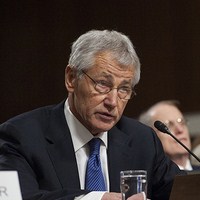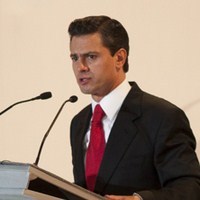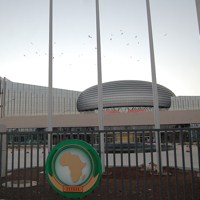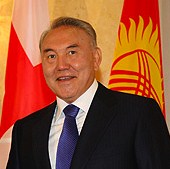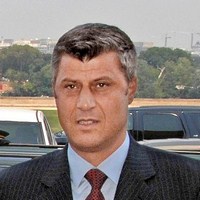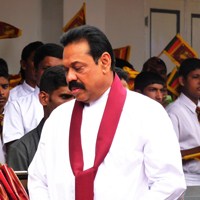
Sri Lankan President Mahinda Rajapaksa began his visit to India today amid protests over recent statements he made that appeared to rule out political autonomy for Sri Lanka’s Tamil ethnic minority. While the president had previously promised to delegate authority to the provinces, as required by the constitution, while also broadening dialogue with the Tamils, he said in a speech for Sri Lankan Independence Day on Monday that it would not be practical for the island country “to have different administrations based on ethnicity.” Alan Keenan, project director and senior analyst for Sri Lanka at the International Crisis Group, told […]

